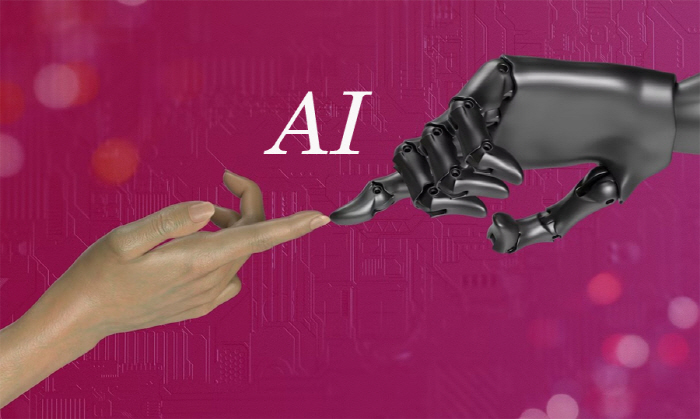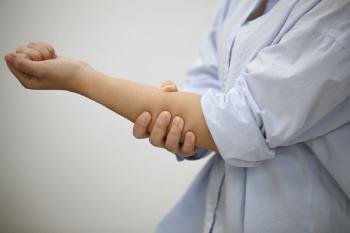Which occupations and safe jobs are threatened by AI?
Aug 01, 2025
|
According to a survey, one in three executives of Korean companies will use AI instead of humans if artificial intelligence (AI) is considered more efficient.
According to a survey by HR Integrated Platform Deal, 80 out of 244 executives in South Korea (32.5%) said they would replace workforce recruitment if AI efficiency is higher than that of people. 56.7% said they would judge by looking at other companies' cases.
◇What occupations are threatened by AI?
In the meantime, researchers at Microsoft (MS), a U.S. software company, warned in a recent study that the development of artificial intelligence (AI) technology could pose a direct threat to about 8.4 million workers in the United States.
The researchers analyzed more than 200,000 anonymous conversation logs with MS's AI chatbot 'Bing Copilot' and classified risk by occupational group based on the 'AI applicability score' that measures how effectively AI can support human work.
As a result, the 40 occupations most vulnerable to AI included interpreters and translators, historians, writers, political scientists, and journalists.
These jobs were highly likely to be automated as they were closely related to tasks such as information provision, writing, education, and advice that were easy for AI to perform.
In addition, flight attendants, sales representatives, and customer service staff whose main tasks are customer response and information provision were also included in the high-risk group.
MS researchers predicted that `If AI improves the productivity of the job by 50%, companies will be able to handle more work with fewer people, which will likely reduce hiring.' In other words, the efficiency of AI can lead to a reduction in employment.
◇ Which occupation group is less likely to replace AI?
But not all jobs are threatened by AI. The researchers analyzed that industrial workers who require high-level technology, such as ship engineers, cement engineers, water treatment workers, and floor abrasives, are very unlikely to be replaced by AI.
In addition, the medical field was also found to be a job with low AI applicability. Dentists, surgical assistants, and nursing assistants are evaluated as not easy to automate as human touch and judgment are important. Funeral instructors, dishwashers, firefighters, and housekeepers also showed low AI risk.
Lead MS researcher Kiran Tomlinson, who led the study, said, `AI can be an auxiliary tool to increase the efficiency of certain tasks, rather than completely replacing jobs"Whether AI will reduce actual jobs or create new types of jobs will depend on future industrial changes," he said.
MS researchers said the study focused on `what jobs can be operated more efficiently with the help of AI' rather than `what jobs can be completely replaced.'
Researcher Tomlinson stressed that it is important to continuously study how AI technology affects society and the economy and to come up with policy countermeasures together.
This article was translated by Naver AI translator.














